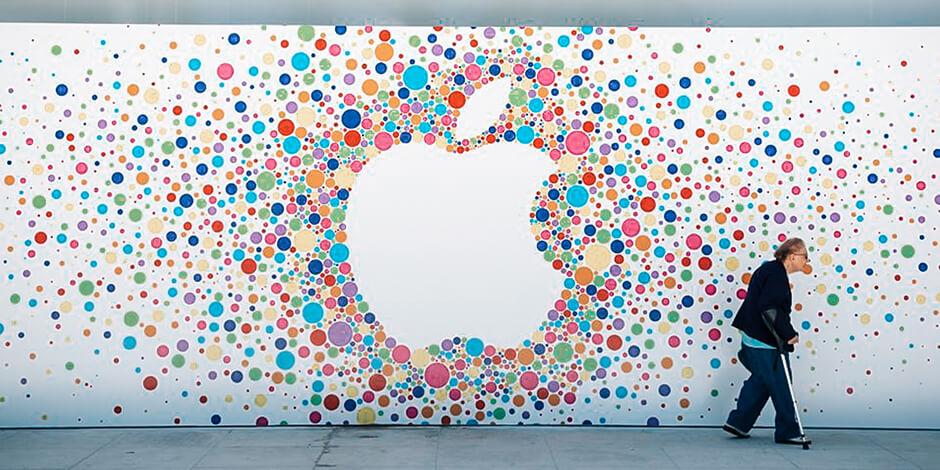After years of wondering how Apple could ever overcome the loss of its true innovation engine in Steve Jobs, it has become more apparent that Apple has figured out something potentially even more critical to its long-term success.
This week Apple reached a market cap valuation of over $3 trillion with a "T".
An amazing feat, and one that many could not have imagined a company ever achieving. Yet, Apple has achieved this feat despite numerous adversities, continuing to provide a stable and consistent strategy for the future.
Why and how has Apple been able to navigate such a feat? It is a lesson for many companies to study but one that might actually serve best in the retail industry.
A few years ago, I wrote about Apple’s innovation challenges and lamented the concerning future, but I overlooked a critical success factor for Apple's long-term success: its core—iOS.
Yes... iOS, Apple's exceptionally well-designed operating system, integrates all its hardware components—from phones to laptops to other devices.
The system is so elegant that I recall a unique experience back in 2015 when I was sitting in an airport food court listening to two people in their late 70’s discussing how to download an app and how easy it was. I was reminded of this recently when I was speaking to my mom, who is now in her 90’s, sharing how much she enjoys playing games on her iPad, downloading, and exploring.
Simple, easy, better!
At its core, this is what Apple has done: democratized technology and software, simplifying what just a few years ago required a computer whiz to decipher.
Nowadays, anyone can do it. And, if there is a problem, what do you do? Simple, restart it. Its foundational system is simple, easy, and better.
Which brings me to the retail industry.
How can this foundational value proposition be determined by a retailer or brand and applied to their business? You don’t have to look far to see a success—Kohl’s.
A few years back, Kohl’s, under the leadership of Michelle Gass (recently announced to be the new CEO of Levi’s), introduced a series of key strategic initiatives that appeared to be very focused on their core customer. These included Amazon drop-offs for returns pre-pandemic in 2017, and the Sephora store-within-a-store concept and rollout a few years later, just to name two. Initially, critics questioned the Amazon drop-off strategy and whether Kohl’s was positioning itself to be bought by Amazon, but it has become clear that the leadership strategy was to serve the Kohl’s customer, making their experience simple, easy, and better!
I recently wrote about a similar strategy that the new CEO at Tractor Supply implemented to better serve their customers with assortments that included bundled kindling wood for fireplaces.
The key to all of these strategies seems to be very aligned. All have shown a keen interest in knowing the wants and needs of their customer and figuring out how to deliver it in a SIMPLE, EASY, BETTER approach.
Read the full blog on Forbes.com. *Subscription required.













